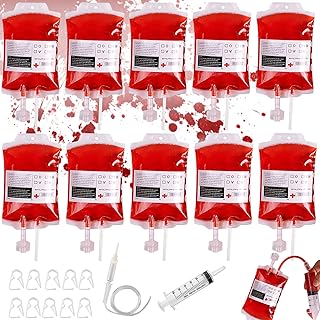Donating blood is a powerful act that can change lives. The impact of your donation can be profound, offering hope and healing to those facing serious health challenges like cancer, difficult pregnancies, or chronic illnesses. Your contribution can provide patients with the chance to live a more normal life, a gift that is often taken for granted.
Before your donated blood reaches those in need, it undergoes a meticulous journey to ensure the safety and quality of the blood supply. Multiple processing centers across Australia handle the blood, where it is rigorously tested to ensure it meets the required standards for patient transfusion.
Following the initial testing phase, the blood is processed using centrifugation to separate it into its various components, including red blood cells, plasma, and white blood cells with platelets. These components are then packaged and sent to hospitals where they are urgently needed, potentially saving up to three lives with each donation.
After donating blood, donors receive notifications about which hospital their blood has been sent to, offering a direct connection to the impact of their contribution. This feedback loop can be a powerful motivator for donors, highlighting the tangible difference their donation makes in the lives of others.
Plasma, a vital component of blood, plays a crucial role in treating conditions like burns and immune deficiencies. Understanding the journey of plasma donation can shed light on its significance in medical treatments and its potential to be a game-changer in healthcare.
Red blood cells are essential for addressing emergencies such as childbirth complications, where rapid transfusions can be life-saving. Platelets, despite their small size, have a significant impact, particularly in supporting cancer patients undergoing treatment. The diverse functions of these blood components underscore the importance of regular blood donations in sustaining healthcare services.
By participating in blood donation programs, individuals can directly contribute to improving healthcare outcomes and saving lives. The process of donating blood is not only altruistic but also essential for maintaining a stable and secure blood supply for patients in need.
As technology advances and medical practices evolve, the need for blood donations remains constant. The ongoing support of blood donors is crucial for ensuring that healthcare providers can meet the demand for blood products and continue to offer life-saving treatments to those in critical conditions.
In conclusion, the journey of donated blood from generous donors to patients in need exemplifies the impact of community support and solidarity in healthcare. Every donation, no matter how small, has the potential to make a significant difference in someone’s life, underscoring the importance of blood donation programs in sustaining healthcare systems worldwide.
📰 Related Articles
- Veterinary Social Work: Saving Lives in Animal Care Professions
- Pet Fitness Trends: Transforming Lives Through Bonded Well-being
- Wandering Spleen in Pediatric Patients: Diagnostic Challenges and Management
- Vibrant Beauty Products Transforming Makeup Trends
- Ultrasound Bursitis Predicts Psoriatic Arthritis Development in Psoriasis Patients






